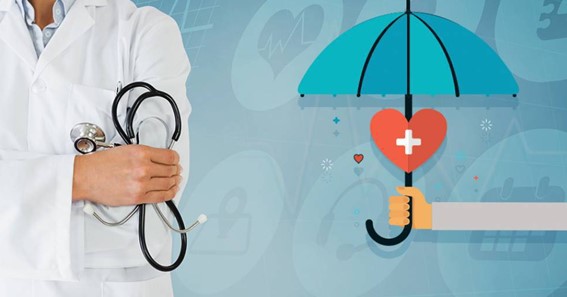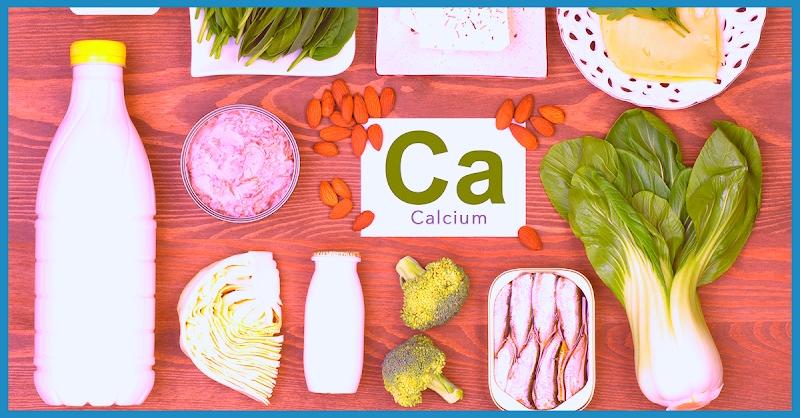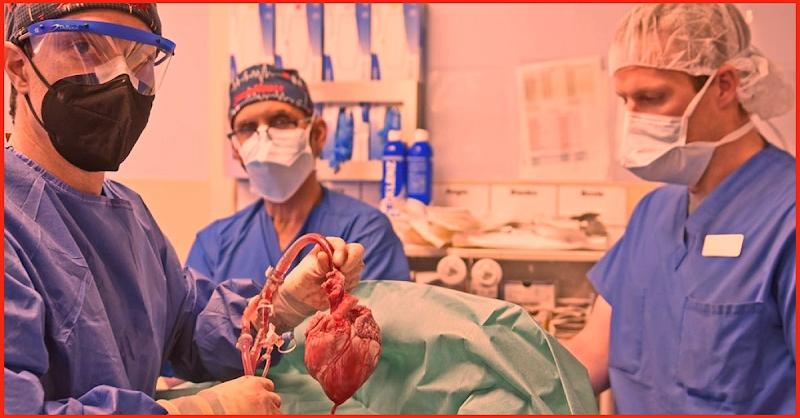Health insurance policy is your backup plan for a secure healthy future. It assures you of financial support in times of any medical emergency. Health treatments for diseases and illnesses can be quite expensive and not affordable by all. Obtaining health insurance for you and your loved ones can help you make unexpected medical expenses without a worry.
However, before you proceed with buying any medical insurance plan, it’s wise to evaluate the coverage areas of each health insurance policy. This would give you a better understanding of the various diseases/illnesses covered under the specific plan and also all that is not covered. You can then choose the one that best suits your health needs. Let’s read this post for more clarity on this.
What Diseases are Covered Under a Health Insurance Policy?
There are several critical and regular diseases or health conditions for which most health insurance companies provide cost coverage. Following is a list of all these conditions:
- Cardiovascular diseases – Any heart condition such as heart attack, Arrhythmia, hypertension, etc., often require prolonged health checkups and subsequently higher costs as well. This is why a majority of medical insurance plans would cover all heart-related issues and heart diseases too. Several policies can cover costs for regular heart checkups as well.
- Critical diseases – These refer to illnesses which can be threatening to life and even prove fatal. Examples include cancer, tumors, brain stroke, heart attack, etc. The cost for the treatment of these conditions is inevitably higher. This is why special health insurance packages, namely Critical Illness Health Insurance Plan, are offered by most insurers to cover the exorbitant cost involved in the treatment of these time-consuming and costly diseases.
- COVID-19 infection – This global pandemic also got added to the list of diseases covered under health insurance policy plans since it affected millions of people across the country, even resulting in death. A number of insurance companies also provide coverage for expenses incurred on hospital stays (if required by the patient).
- HIV/AIDS – This is another potentially fatal disease since it impacts the patient’s immune system, making them vulnerable to several infections and diseases. To make things simpler financially for the patients and their families, there is provision under comprehensive health insurance plans for covering costs related to hospitalization, treatment of the disease, and also daycare for the patient.
- Eye surgery – Cataract is an eye problem that often affects the elderly owing to clouding of the eye lens. To rectify the problem, eye surgery is performed that involves a huge cost, nearly in the range of Rs. 15,000 – Rs. 100,000. Your medical insurance policy can cover this cost, depending on the surgery performed and the severity of the problem.
- Lifestyle health conditions – Unhealthy lifestyles have triggered the onset of certain diseases that may continue for a lifetime, unless controlled by making healthy lifestyle choices. Diabetes is one such example of a lifestyle health problem.
Click here – Why Choose Professional Transcription?
It is often referred to as a “silent killer” disease since it slowly starts impacting other organs of the body and can even trigger fatal diseases. Brain stroke, heart attack, kidney failure, eye problems, etc. are a few examples. Treatment of diabetes is covered by most insurance companies, such as paybima.
What Diseases are Not Covered by a Health Insurance Policy?
When buying medical insurance, it only makes sense to have a complete picture and look up what diseases “are not covered” under the specific plan. This would help make an informed choice. Normally, a health insurance policy would not cover the following:
- Pre-existing health conditions referring to any illness/disease that the policyholder was already suffering from before purchasing health insurance. It also includes any surgery that the person is currently undergoing – the cost for these will not be covered by your insurer.
- Health conditions triggered by smoking, drinking, or drugs are also not covered under medical insurance.
- Treatment cost incurred for any injury inflicted upon themselves by the policyholder, such as attempt to suicide, is also excluded from insurance coverage.
- Costs incurred on cosmetic surgeries such as liposuction, breast implants, botox, etc., are also not covered under health insurance.
- IVF or procedure for the treatment of infertility is also excluded.
- Genetic disorders are also not covered by medical insurance plans.
- Any expense involved in voluntary abortion of fetus is not considered for health insurance.
- HIV/AIDS and other Sexually Transmitted Diseases (STDs) may sometimes be partially covered by some insurance providers. This is because these diseases often require lifelong treatment and may prove too costly for the insurer to bear.
PayBima offers medical insurance plans to suit all health needs. Before choosing a suitable plan for yourself, always check with the insurer about the coverage scope and read the policy documents carefully.
Click here – Does Consuming Ragi Help in Diabetes?



